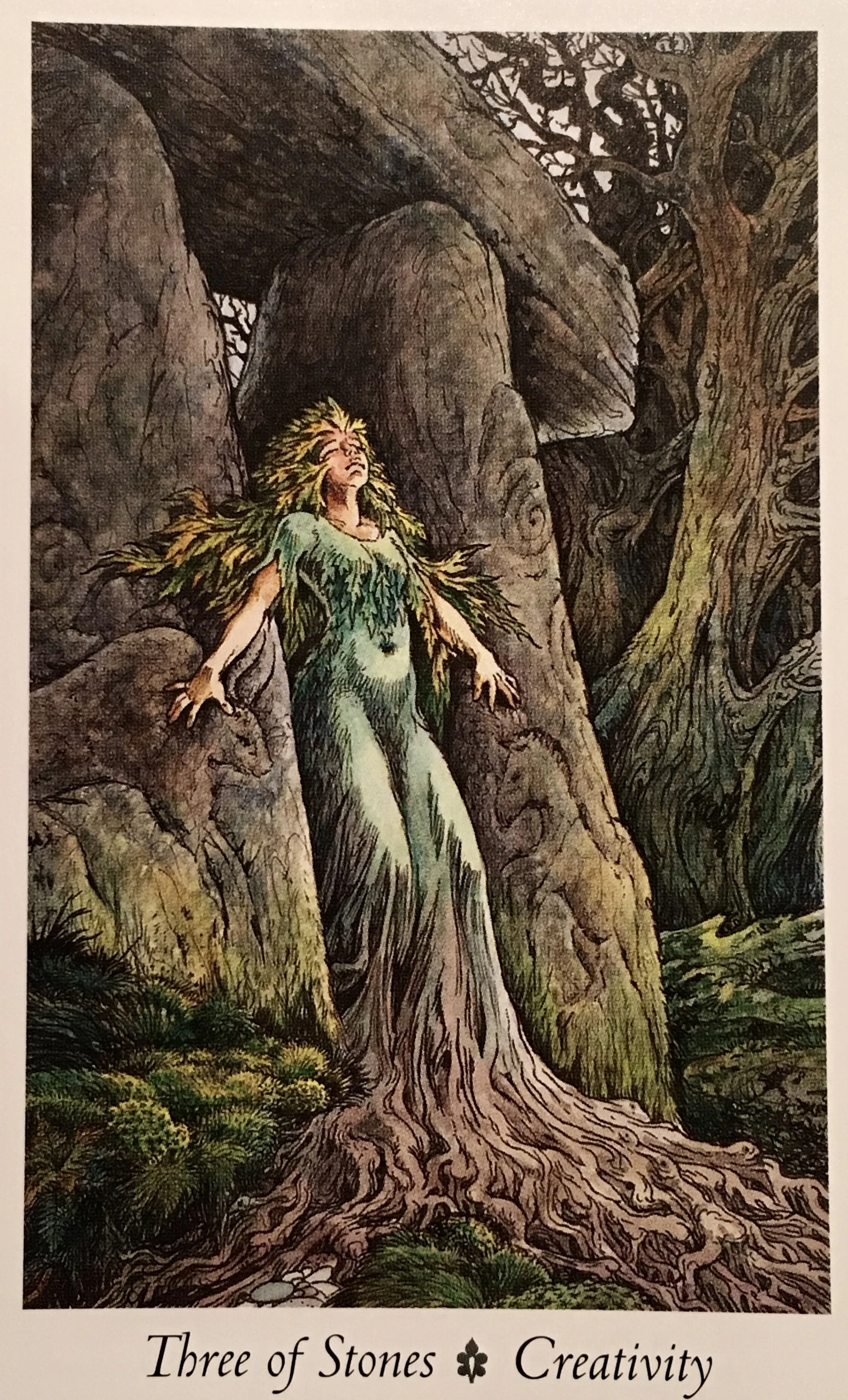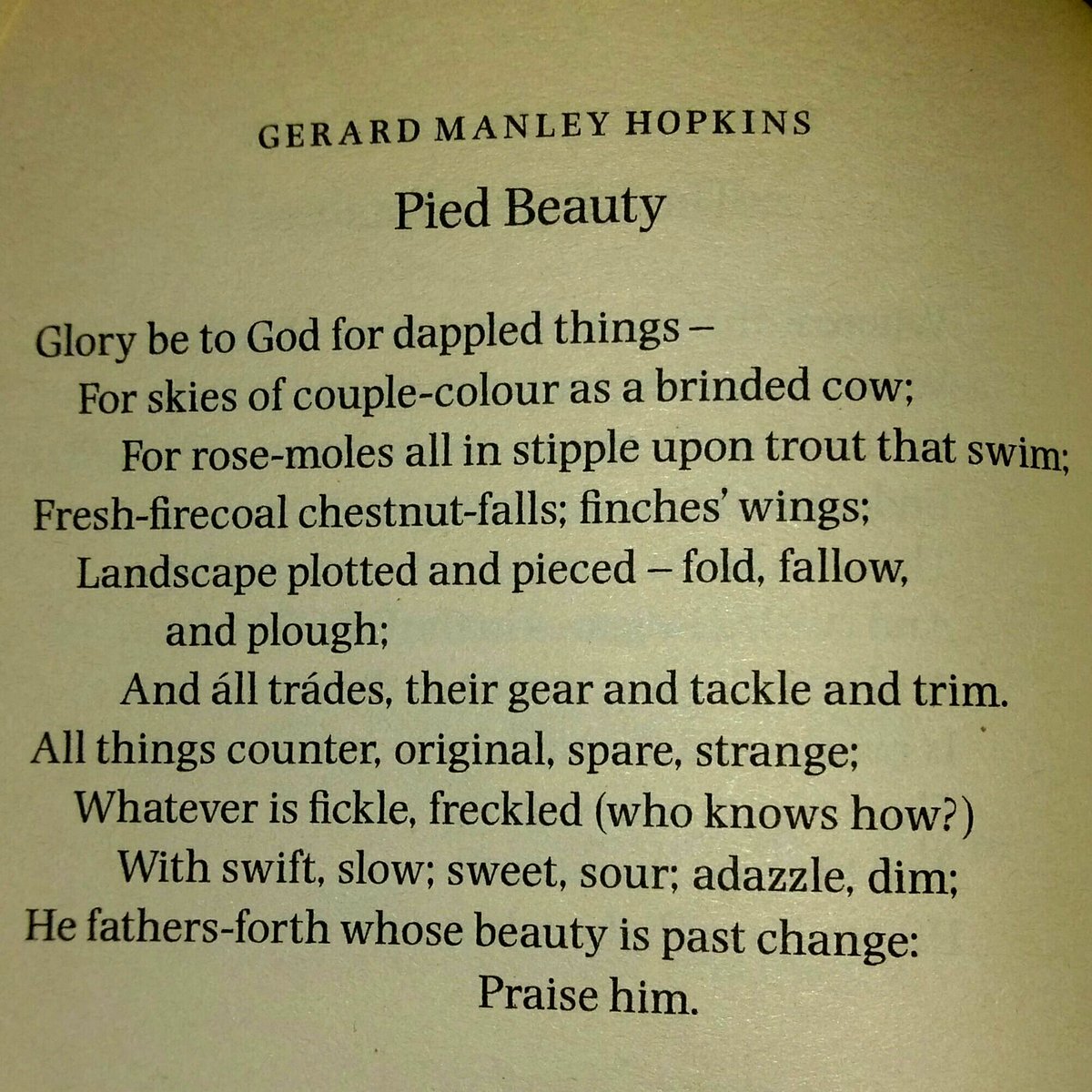Did you hear that hundreds of thousands of tulips were beheaded in an effort to prevent the spread of coronavirus? It’s true. Last week the Guardian reported that in Japan, thousands of tulip flowers in full bloom were snipped off their stems so that folks wouldn’t gather to see them. This news story hit me in a way countless other COVID-19 reports haven’t. Well, I thought, add extravagant beauty to the list of things we have lost to this pandemic. This tulip tragedy seems to me an accurate a portrayal of the surreal times we live in. Who knew we would live in a world where tulips are a dangerous threat to public health?
The photo I saw of the tulip hack job reminds me of a Salvador Dali painting - rows and rows of bluntly chopped tulip stems, cut off like so many bad haircuts. I can’t help but wonder if this isn’t an omen of greater losses to come.
Some might read this and think: Who cares about tulips in the face of global health crisis? When our lives and livelihoods are at risk, amenities get tossed out the window. In a sinking ship, the heaviest and least essential get pitched first. I hear “BAIL! BAIL! BAIL!” in the background of the news articles I read. With the pandemic precaution filter set on the lens of life right now, fields of tulips, cultivated for nothing more than the visual thrill they offer in an abundance of pretty colors, no longer seem important. But wait. Does beauty count as an essential human need? Should we be hoarding beautiful moments like we are stockpiling toilet paper and dry beans?
I confess, I’m taking the loss of the luxury of beauty very hard. I am someone who needs beauty sometimes more than I need anything else. Creativity feeds my soul in a way that food and shelter do not. I’m sure it’s my privilege talking, but access to natural beauty seems a fundamental human right, to me. Can’t we all agree that beauty satisfies a part of us that is just as essential as the survivalist parts?
I’m not an artist. I don’t have any formal training in visual art. But I have a relentless desire to create meaningful, heartfelt things. I spend a lot of time and energy tending beautiful magic in my life. Often, my visions and ambitions are beyond my skills and resources. So I content myself with making ordinary, little beauties. In the words I speak and write. In the rooms I live in. In the meals I prepare for my family. In the pauses between my restless thoughts. Yes, even in my Instagram posts. And of course, in my garden. Sadly, most of these little beauties go unnoticed. Even more sadly, I have to leave many of them incomplete, abandoning my creativity in favor of duty and responsibility. Isn’t it always that way? The tragic truth of living is that we all lack the time, energy and freedom to fulfill our heart’s longings.
In my life, beautiful completed creations and moments of fulfilling experiences are hard won. I have to coax them so very patiently out of the chaos of what it means to be a human. Sometimes I feel like all I do is fail to achieve my dreams. Just when it seems I’m about to enjoy the fruits of my labor, a big wave comes and knocks my sand castle over. When this happens, I stand up in shock. I’m frozen in disbelief. Then, I make a fuss. I say cruel, insulting things to the wave. I stomp off in a huff. I pretend not to care and give the ocean the silent treatment because I resent the injustice of it all. I give up. I’m done. I refuse to make any more sand castles. Eventually, I cry until I sleep. Gradually, I become aware of something called spirituality. I finally look up and notice the ocean. Suddenly, those waves look so beautiful. Maybe there is a greater purpose in all this? Sooner or later, I am inspired by that beauty. I adjust my position in the sand. And I get back to it. This time, I tell myself, I will built the most beautiful sand castle I have ever made! Beauty gets me, every time. Every. Single. Time.
I’m told that we all pass through grief like this. The wonderful work of Elizabeth Kubler Ross validates the messy, but inevitable experience of the process we call grieving. Her work taught me that we all experience grief in similar ways, albeit not always in the same order. I’m also told that it doesn’t matter if your sand castle is the relationship you’ve nurtured with the love of your life, the job you poured years into, or the tulips you tended so diligently for months. I’m told by some very compassionate people, that human suffering is fundamentally relative.
Victor Frankl, in his timeless book Man’s Search for Meaning, has a thing or two to teach us about real suffering from his time concentration camps. He also gives us permission to acknowledge the personal suffering we feel, without measuring it against what we might think of as ‘bigger’ suffering that he or others have gone through. He writes, To draw an analogy: a man’s suffering is similar to the behavior of gas. If a certain quantity of gas is pumped into an empty chamber, it will fill the chamber completely and evenly, no matter how big the chamber. Thus suffering completely fills the human soul and conscious mind, no matter whether the suffering is great or little. Therefore the “size” of human suffering is absolutely relative.
I think he means its ok for me to be sad about the tulips.
I work hard, sometimes all year long, to make little inviting spaces for peace and joy in my life and to appreciate whatever little beauties I have. The best surprises are when one of those blessings appears in my day, effortlessly and unexpected, like the quiet morning light alongside a perfect cup of tea. In those times, I welcome beauty graciously, hoping my gratitude will be enough to entice her to stay. But she never does. That’s part of her allure. Each little beautiful moment is so preciously fleeting, so episodic. Like a really good Netflix series. It’s always over too quick. And every time I’m like, what the heck am I supposed to do with my life now?
I think I learned to appreciate the beauty of flowers from my Dad. I have never been close to my Dad, even though I have wanted to be. He’s a remote, loving-you-from-a-distance kind of dad. He’s not easily impressed. As one of 7 kids, with 6 talented and interesting brothers and sisters, I felt like I would have to win a Nobel Peace prize to get his loving attention when I was young. He has the keen intelligence of a scientist, but an appreciation of finely wrought, exquisite beauty, especially in the natural world. He doesn’t get noticeably excited about many things, but flowers really do it for him. He used to drive me to school in the mornings. We didn’t really make conversation in the car. He was busy listening to NPR, neatly sipping his coffee. But in the spring, he would turn the radio down and slow down when we drove over a ridge with a good view of the spring colors. He always pointed out the lovely variegated greens of the new leaf buds in a way that made me notice and appreciate them, too. I learned that this was one way to find happiness and connection.
Now, at 35, spring blooms are one of the most exciting things about my life. I wait all year long to see that fleeting beauty of the magnolia blossoms in the tree outside my bay window. I’m one of those people who gets through winter by the skin of my teeth. Some winters I feel I make it through only because I pin all my mental health hopes on the ephemeral beauty of spring flowers. March nearly ruins me every year. But spring always resurrects my sense of curiosity and joy and engagement in life. I would gladly go through a hundred Marches all over again just to get a few days of spring to witness those stunning blooms.
This year, as I’ve been quarantined at home for what feels like a lot longer than it has been, those magnolia blossoms meant more to me than ever. I developed an attachment to their successful unfoldment, checking their progress daily from my window, noting any changes in my journal. When they finally began to unfurl, I was breathless with hope. Last week, when I woke to see the cold night winds had blewn them to brown, wilted mush, I cried.
And that’s why I’m so sad about these tulips. Because when someone manages to actually pull off a stunning feat of creative expression to its fullest potential, and lives to tell about it, I am in awe. What else is there to do but clap and clap and clap? I’m endlessly inspired and AMAZED by those who take on big visions and actually succeed.
Yes, I think of the trees and plants deserve recognition for their feats of beauty as much, or more than you or I do. Is making a tulip blossom as worthy an accomplishment as a good musical performance, a completed manuscript, or a well-executed piece of art? Annie Dillard thinks so. She says, “There is real power here. It is amazing that trees can turn can turn gravel and bitter salts into these soft-lipped lobes, as if I were to bite down on a granite slab and start to swell, bud, and flower. Trees seem to do their feats so effortlessly. Every year a given tree creates absolutely from scratch ninety-nine percent of its living parts…A big elm in a single season might make as many as six million leaves, wholly intricate, without budging an inch; I couldn’t make one.”
She goes on, “The trees especially seem to bespeak a generosity of spirit. I suspect that the real moral thinkers end up, wherever they may start, in botany. We know nothing for certain, but we seem to see that the world turns upon growing, grows toward growing, and growing green and clean.”
Well said, Dillard. Well said. It IS unfathomable how plants contrive to create so much beauty. My Grandma Ellie would shake her head and say, Unreal.
Nipped in the bud is sad, yes. But nipped in full bloom? Tragic. Unmet potential is almost forgivable. But to be cut off right when you’re at your most open, most gorgeous, most complete? It’s like a missed orgasm. Just intolerable.
I swear to god this is the actual, literal, real wish I make, every time I close my eyes to sleep at night: Please, whoever is out there listening and granting wishes, please let me reach my full potential in this life.
My loved ones are safe and healthy. I have enough money and food to survive for a while longer. I promise I am counting my blessings. I am. Just let me grieve a little for those magnolia blooms, and those poor tulips. Just a little beauty grief.
This is my elegy to the beauty, both personal and collective, that this pandemic has taken from us. Wherever you have felt its loss and missed it the most during this pandemic, I honor those empty places.






